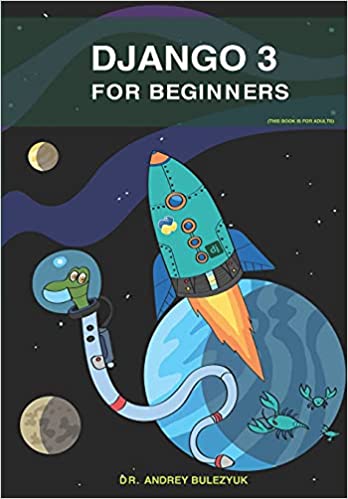- Introduction to GNU Pascal
- Features and Advantages of GNU Pascal
- How to Get Started with GNU Pascal
- Real-World Applications of GNU Pascal
Introduction to GNU Pascal
GNU Pascal is a free and open-source compiler for the Pascal programming language. It was developed by the Free Software Foundation (FSF) and is part of the GNU Compiler Collection (GCC). Pascal is a high-level programming language that was originally designed in the 1970s by Niklaus Wirth. It was named after the French mathematician and philosopher Blaise Pascal.
GNU Pascal is a powerful tool for developing software applications. It supports a wide range of platforms, including Linux, Windows, and macOS. It also supports a variety of programming paradigms, including procedural, object-oriented, and functional programming. With GNU Pascal, developers can write efficient and reliable code that is easy to maintain and extend.
One of the key advantages of GNU Pascal is its compatibility with other programming languages. It can be used in conjunction with C, C++, and other languages to create complex software systems. It also supports a wide range of data types, including integers, floating-point numbers, and strings. This makes it a versatile tool for developing a wide range of applications, from simple command-line utilities to complex graphical user interfaces.
Features and Advantages of GNU Pascal
GNU Pascal offers a number of features and advantages that make it a popular choice among developers. One of the key advantages is its high level of compatibility with other programming languages. This means that developers can easily integrate GNU Pascal code with code written in other languages, such as C and C++. This makes it a versatile tool for developing complex software systems.
Another advantage of GNU Pascal is its support for a wide range of platforms. It can be used on Linux, Windows, macOS, and other operating systems. This makes it an ideal choice for developers who need to create cross-platform applications. Additionally, GNU Pascal is a free and open-source tool, which means that developers can use it without any licensing fees or restrictions.
GNU Pascal also offers a number of advanced features that make it a powerful tool for developing software applications. It supports a variety of programming paradigms, including procedural, object-oriented, and functional programming. It also includes a number of built-in functions and libraries that make it easy to perform common programming tasks, such as file I/O and string manipulation. Overall, GNU Pascal is a powerful and flexible tool that can help developers create efficient and reliable software applications.
How to Get Started with GNU Pascal
Getting started with GNU Pascal is relatively easy. The first step is to download and install the compiler on your computer. The compiler is available for a variety of platforms, including Linux, Windows, and macOS. Once you have installed the compiler, you can start writing Pascal code using a text editor or an integrated development environment (IDE).
There are a number of resources available online that can help you learn how to use GNU Pascal. The official GNU Pascal website provides a user manual, a reference manual, and a number of tutorials that cover the basics of the language. There are also a number of online forums and communities where you can ask questions and get help from other developers.
To start writing code in GNU Pascal, you will need to learn the basics of the language, including its syntax, data types, and control structures. Once you have a basic understanding of the language, you can start writing simple programs and gradually work your way up to more complex applications. It is also a good idea to learn how to use the built-in functions and libraries that come with GNU Pascal, as these can help you save time and write more efficient code.
Real-World Applications of GNU Pascal
GNU Pascal has been used to develop a wide range of software applications, from simple command-line utilities to complex graphical user interfaces. One of the most popular applications of GNU Pascal is in the development of scientific and engineering software. The language’s support for complex data types and mathematical functions makes it an ideal choice for these types of applications.
Another area where GNU Pascal is commonly used is in the development of embedded systems. Its small memory footprint and efficient code generation make it a popular choice for developing software for microcontrollers and other embedded devices. Additionally, its compatibility with other programming languages makes it easy to integrate with other software components.
GNU Pascal is also used in the development of desktop applications, such as text editors, image editors, and other productivity tools. Its support for graphical user interfaces and its ability to interact with other software components make it a versatile tool for developing these types of applications. Overall, GNU Pascal is a powerful and flexible tool that can be used in a wide range of software development projects.








0 Comments